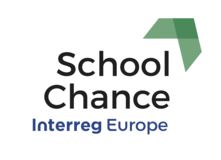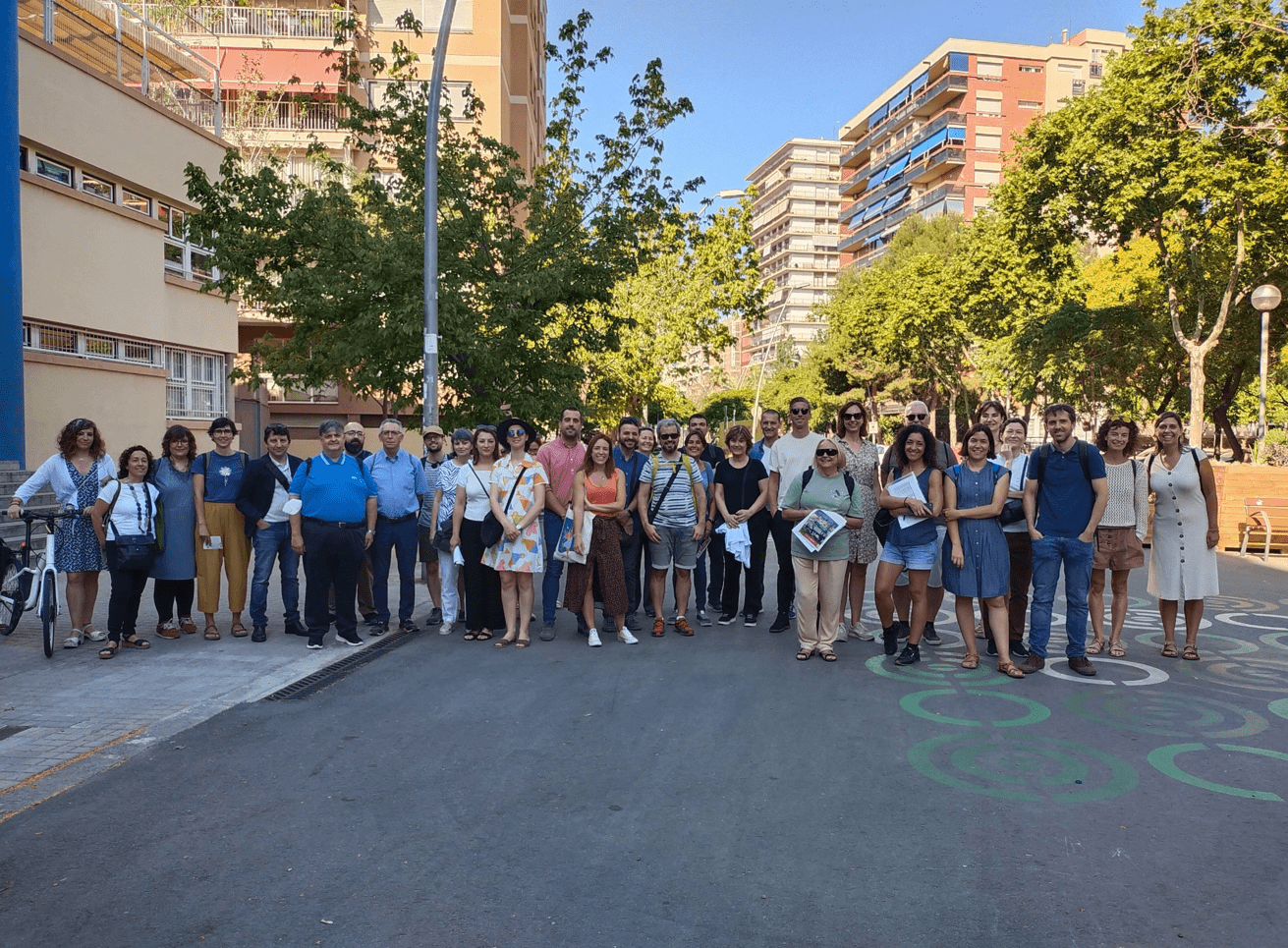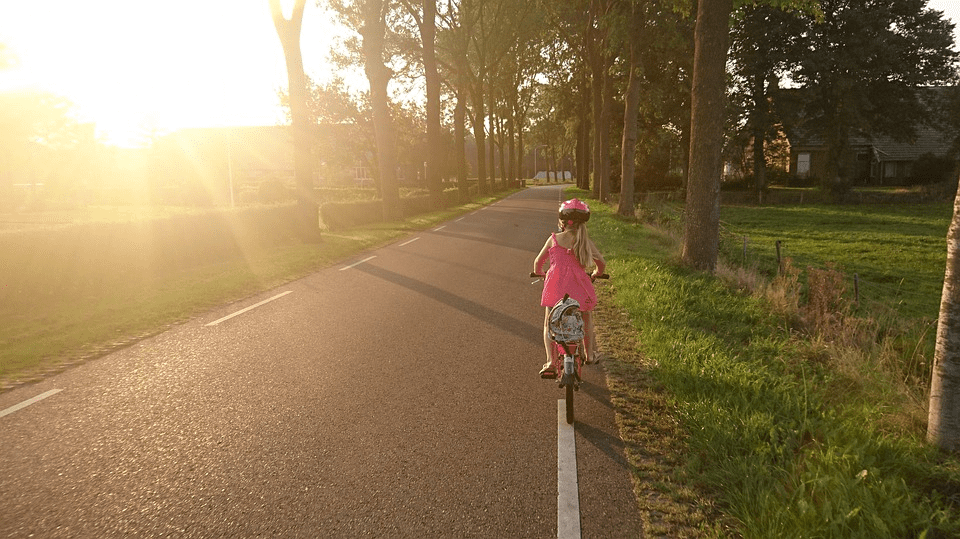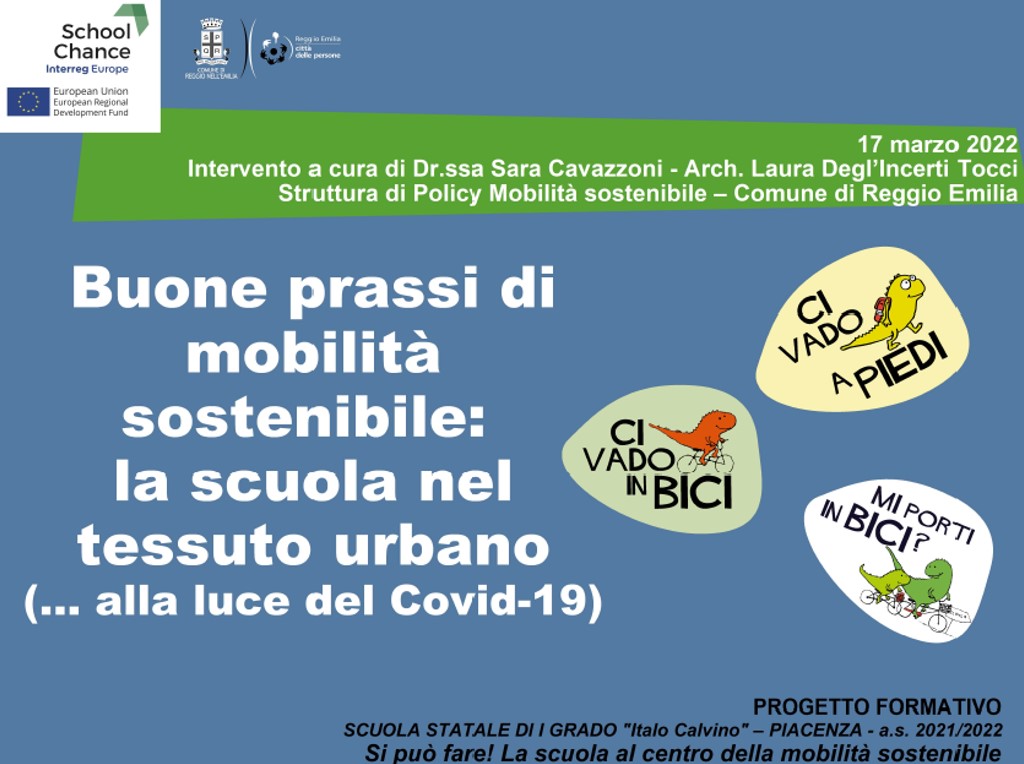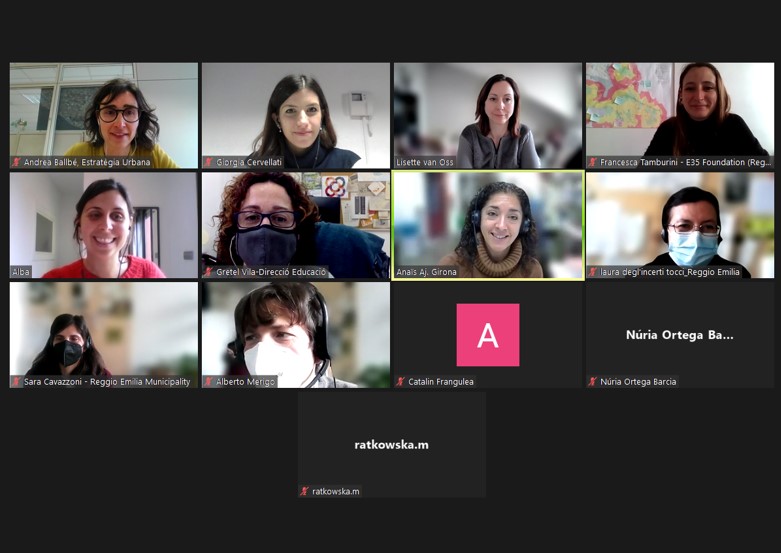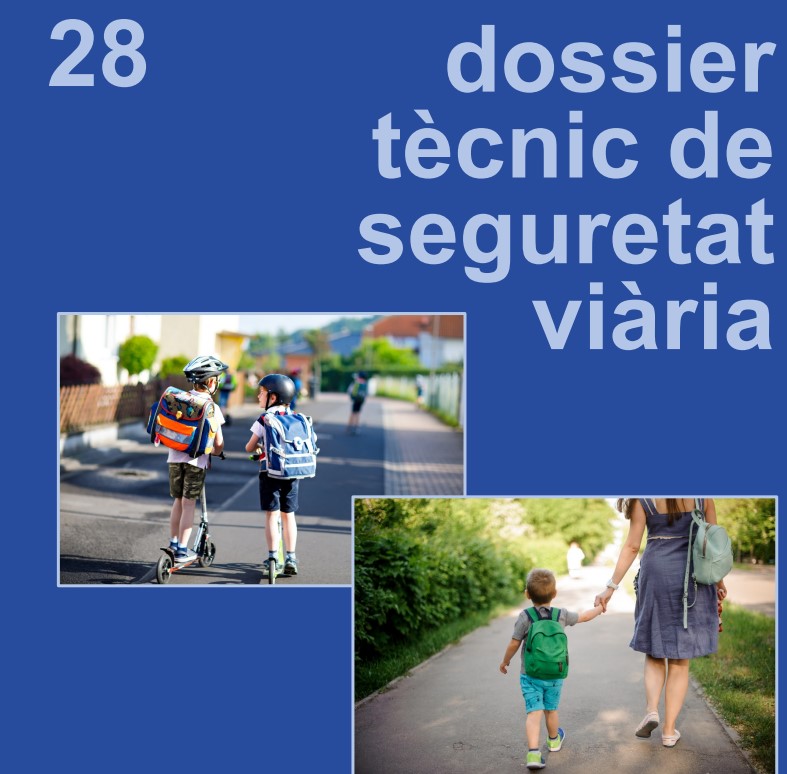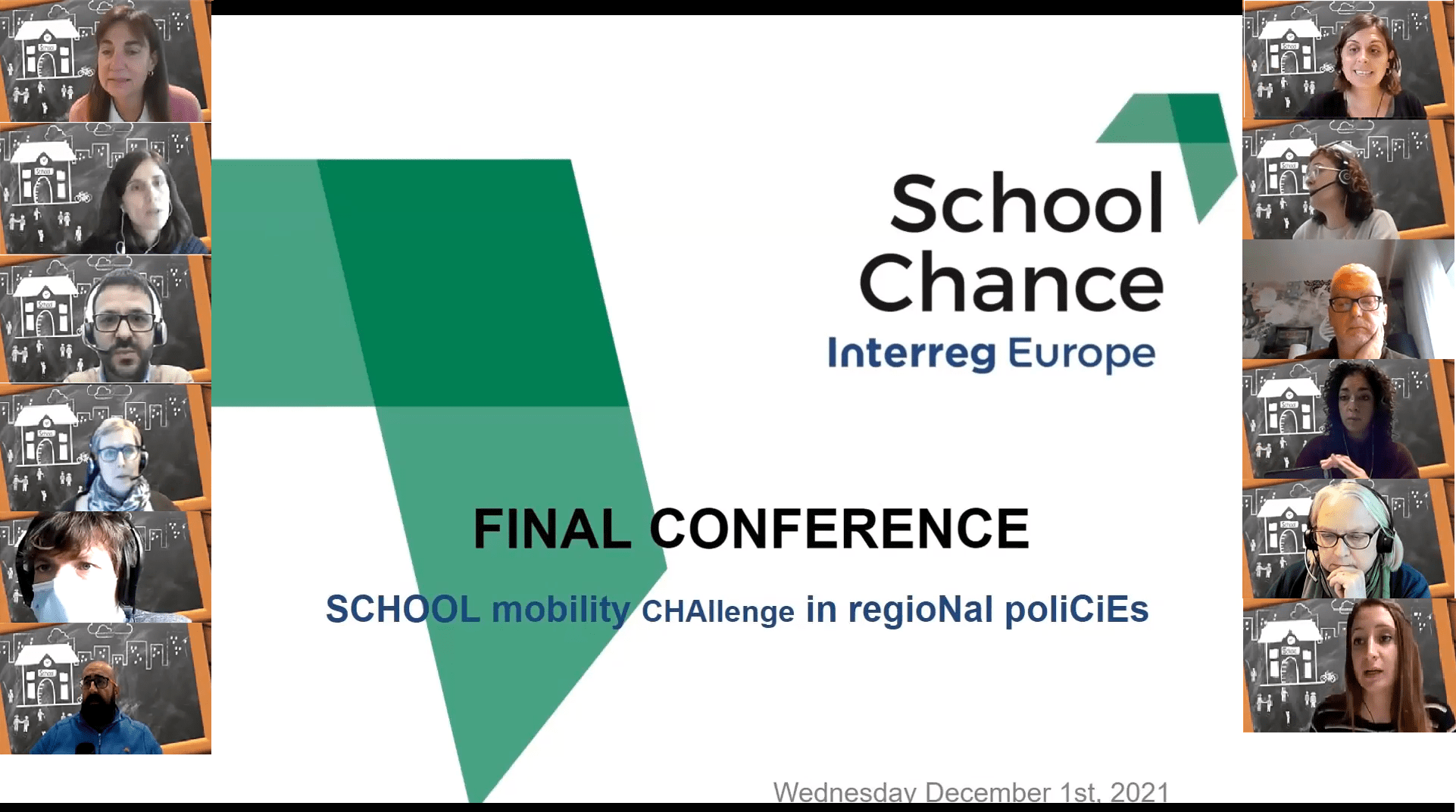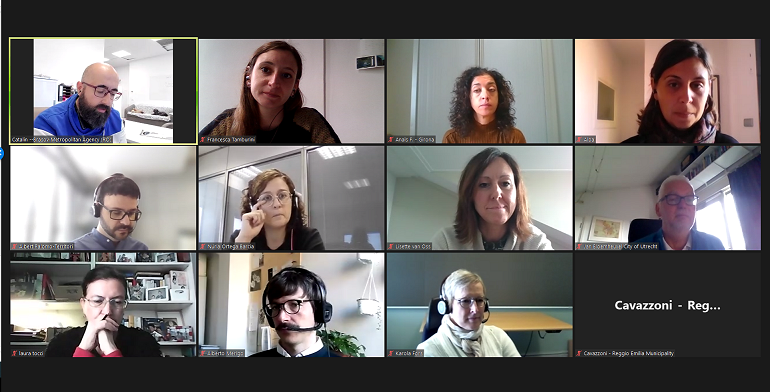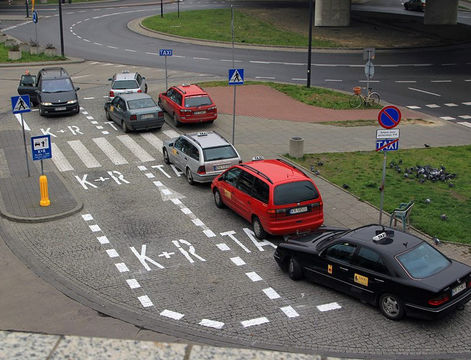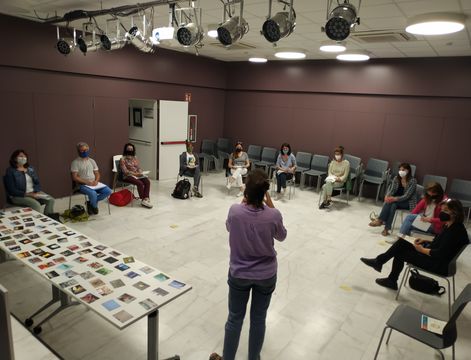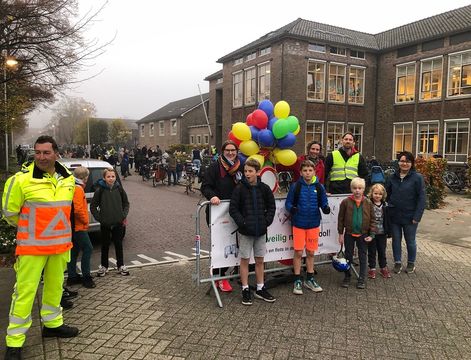Why is it interesting for your city to take part in School Chance and how will you contribute to it?
Reggio Emilia has a longstanding experience with school mobility management. With a tradition in education and development of children' potential (the Reggio Approach, an educational philosophy focused on preschool and primary education), mobility education for students in Reggio Emilia is regarded as a main driving line of mobility policies. In 2008 the City approved the Urban Mobility Plan (PUM), the strategic plan for the development of urban mobility policies setting short, medium and long term strategic interventions to strongly reduce personal car use; in this framework, in 2009 the City developed a ‘Manifesto’ for safe, sustainable and independent mobility in home-to-school routes, supported by city districts, school boards and managers, and a broad range of stakeholders. The Manifesto was meant to be an instrument to involve all the primary schools of the city on mobility issues with nine dedicated projects (topics: education, communication, promotion, safety, services and city planning) to promote and strengthen sustainable mobility in home to school travels. From the Manifesto, we never stopped working with schools and from year to year we devote a considerable share of resources to improve the sustainability of home to school travels.
We decided to join School Chance to share our experience at European level and to cooperate with other Cities and Regions in Europe with advanced policies on school mobility management in order to transfer new approaches, policies and measures for the mobility of students in our City. In addition, we are leader of Communication, therefore we work closely with the Municipality of Girona and FGM-Amor to make School Chance a success and make sure that every partner gets the most out of it and improves local and regional policies.
How will the project communication be developed?
Communication plays an important role in making sure an EU project has a lasting impact. In School Chance, Reggio Emilia is responsible for the dissemination of the contents and results of the project: in particular, we work to make sure that communication activities are planned and implemented jointly by the partnership and by each partner at local/regional level to foster the accomplishment of short-, mid- and long-term project goals.
School Chance will implement a combined communication-dissemination strategy addressed to a diversified targeted public: policy makers, managers, officials, schools, local and regional stakeholders, and other EU cities, regions and networks and organisations. The communication & dissemination activities will raise the awareness for project findings and will have the potential to impact positively on different kinds of policies at local, regional and EU level. We will use many different channels (social media, website, six-monthly newsletter, poster, brochure etc..) to support the implementation of project activities, therefore stay tuned and keep an eye on our website, Facebook and Twitter to be sure you have all the updates on our project!
